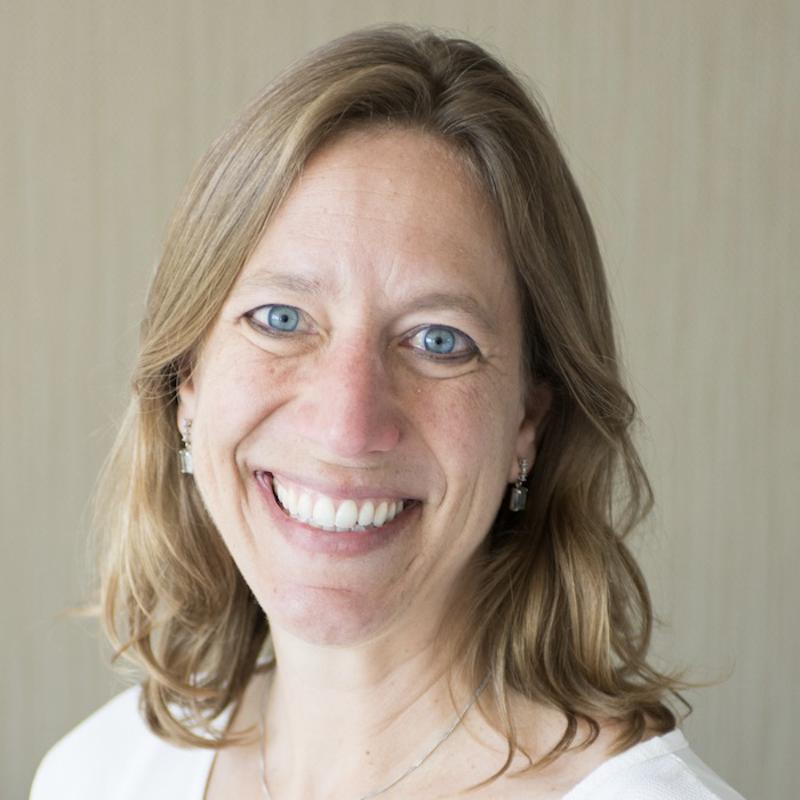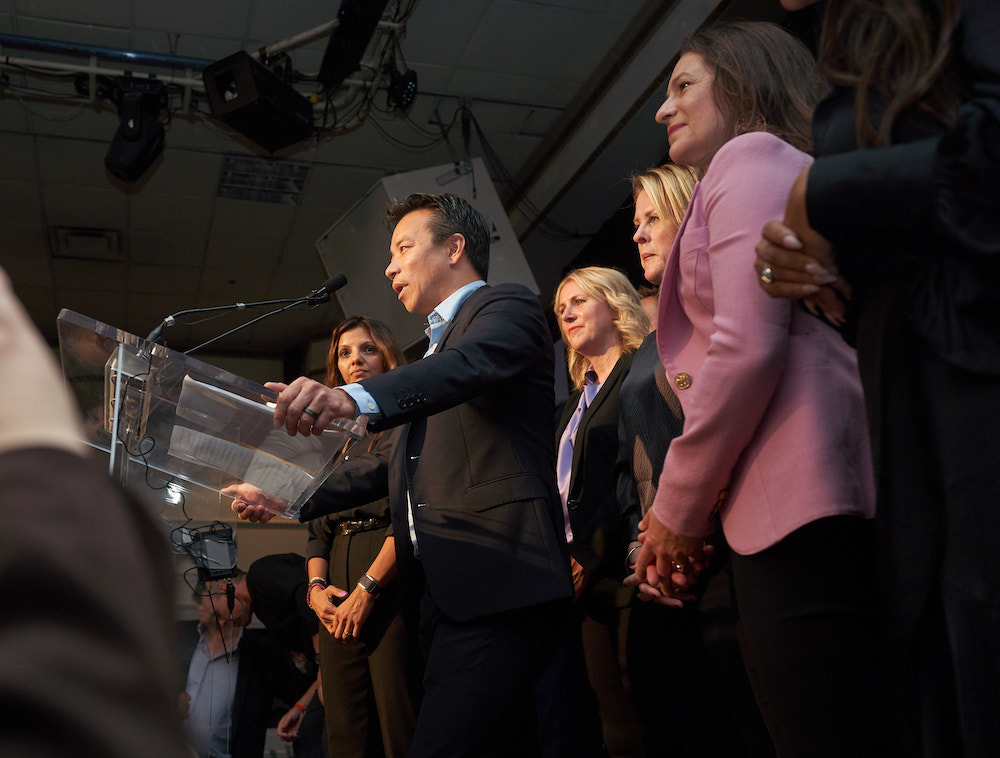Now that Ken Sim has been elected mayor and holds a majority council with seven members of the ABC Vancouver party, I urge Vancouver’s new government to focus on a vital issue largely ignored during the election: how to strengthen the local economy in the Downtown Eastside.
There are many ways that the City of Vancouver can support income generation to make the lives of residents materially better.
I’m the executive director of Exchange Inner City, which has been operating as a network of Downtown Eastside community organizations since 2016. We work collectively to create the conditions for a vibrant, inclusive and equitable economy in the Downtown Eastside. In the run-up to this year's election, we sat down with nearly all parties running for office to underscore the importance of community economic development.
Community economic development is an inclusive, participatory process by which communities initiate and generate their own solutions to their community’s economic problems. It builds long-term community capacity. It also centres local economic, social and environmental impacts in decision-making. The CED process includes active collaboration between community, government and private sectors.
Exchange Inner City focuses on how we can invest more into our local economies to ensure that everyone — regardless of barriers such as past trauma, precarious housing, mental illness, substance use and societal stigma — has access to opportunities to earn an income. CED takes a holistic approach by putting people at its centre and insisting that the definition of value is inclusive of positive societal impact in addition to the bottom line.
Our new mayor and council can support CED by pursuing direct awards for more social enterprises and social-diverse businesses. Best value is a balance between resource expenditure and meeting social and environmental outcomes set out by the City of Vancouver.
Many barriers faced by people in the Downtown Eastside are systemic — policies, practices and procedures that result in unfairly discriminating against groups of people. This includes the legacy of residential schooling and the '60s Scoop, gentrification and out-of-reach rental costs, clawbacks on income assistance, and even societal stigma against people with mental illness. These systemic barriers result in continual obstacles to people in the Downtown Eastside and many across Vancouver.
So what does CED look like in practice? Social enterprises and initiatives like the Binners’ Project, a project of MakeWay and CleanStart Property Services, which employs Downtown Eastside residents. Non-profits like Union Gospel Mission and First United that provide a myriad of supports and opportunities. And Onni Group and Gastown Business Improvement Association, both of which work closely with the community and hire social enterprises for cleaning and other services. Brought together under the umbrella of Exchange Inner City, these and many more organizations are addressing economic development through a community lens.
In 2020, Buy Social Canada reported that 28 Vancouver social enterprises alone employed 1,355 full- and part-time employees with barriers. These employment opportunities can result in increased social inclusion for people while also building job skills, income and a sense of dignity. And it benefits the community at large through the recirculation of revenues and a reduction in emergency and support services.
But community economic development needs the city, its mayor and council as active partners. Our message is clear: The city can and should leverage its influence and current spending to create greater social and economic impact — commonly known as social procurement.
The municipal government plays a role as a large purchaser of goods and services that can prioritize buying from social enterprises and diverse, locally owned businesses. A 2017 Ernst & Young report for Atira Property Management Inc. found that for every dollar spent to employ a person with barriers, there was a realized social return on investment of $4.13. A 400-per-cent return on investment is a sound social and fiscal decision.
The City of Vancouver’s Social Value Procurement framework seeks to add social value to city spending. The framework is forward-thinking, but we also need a transparent action plan to support its implementation. Committing to social procurement is the first step. Creating a social procurement action plan, such as the City of Winnipeg is doing alongside their Social Procurement Framework, will help the City of Vancouver be more effective and ensure it is meeting its stated goals. The incoming Vancouver city council can meet its economic and social outcomes more effectively by asking for a social procurement implementation plan and supporting a collaborative community and expert advisory committee.
Vancouver city council is, in some ways, already supporting CED. It voted for a formal Community Benefit Agreement policy four years ago, in October 2018. According to the City of Vancouver, Community Benefit Agreements “seek to achieve community benefits from infrastructure and development projects.” The policy means that the city must consistently apply the Community Benefit Agreement to all new developments, including city-owned properties, that meet a size threshold of over 45,000 square metres of floor space.
The Community Benefit Agreement ensures that these large developments meet a minimum of 10 per cent of local hiring, 10 per cent of material goods and services from social impact and/or equity seeking businesses, and 10 per cent of procurement is sourced from local Vancouver companies or companies located in Metro Vancouver or B.C. To me, this policy emphasizes how directing a small percentage of purchasing towards local, inclusive employment and social and local procurement can have a strong social impact while also making fiscal sense.
Community economic development helps to create inclusive local economies and can bring together the city, businesses, social enterprises and non-profit organizations to develop livelihood opportunities for all, including the people facing the most barriers in our city.
The Downtown Eastside community continually demonstrates its ability to work collaboratively to create a more inclusive economic environment, which will ultimately contribute to a healthy city — among one of the City of Vancouver’s long-term goals. But we can’t do it on our own.
If we are going to address the many complex challenges in the Downtown Eastside and across Vancouver, the municipal government needs to deepen its investment in the local economy. The incoming Vancouver city council and its mayor-elect must lead the way. A simple next step is to continue the conversation about CED with Exchange Inner City that we started prior to Oct. 15.
Community economic development makes both social and fiscal sense. Let’s create positive change together. ![]()
Read more: Local Economy, Rights + Justice, Municipal Politics
















Tyee Commenting Guidelines
Comments that violate guidelines risk being deleted, and violations may result in a temporary or permanent user ban. Maintain the spirit of good conversation to stay in the discussion.
*Please note The Tyee is not a forum for spreading misinformation about COVID-19, denying its existence or minimizing its risk to public health.
Do:
Do not: